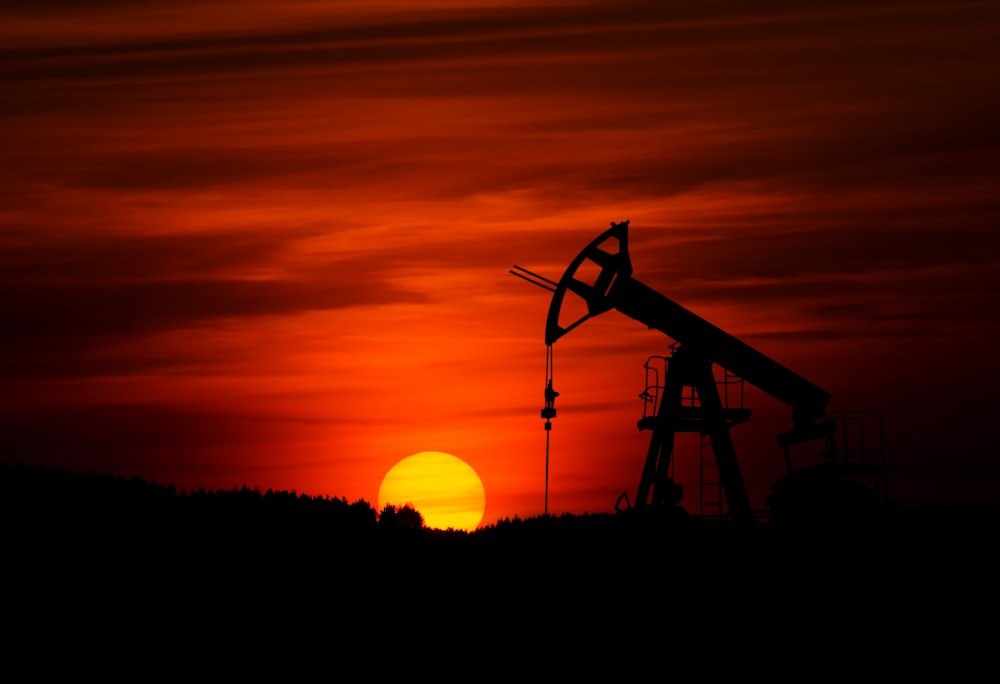Progress On The OPEC Front?
Reports yesterday that talks between Saudi Arabia and the UAE had resulted in a resolution of the OPEC+ disagreement proved to be premature. Still, progress is happening. The initial comments, reported in Bloomberg and elsewhere, suggested that OPEC+ would agree to revise the UAE’s baseline capacity figure to 3.65mb/d from ~3.2mb/d and extend the OPEC+ agreement through December 2022. Both of these tweaks to the agreement sound sensible.
Image Source: Unsplash
The street had assumed the UAE was pushing for a rapid “catch-up” revision that could play out in the coming months. Still, feedback from active oil traders who can read between the lines suggests there UAE would adhere to current production quotas until April next year. We will have to wait for official communication from OPEC+, but the result is pretty close to what my team expected.
So, the near-term bullish expectation that OPEC+ production increases would be indefinitely put on hold seems to be incorrect. The planned 2mb/d growth expected for August-December looks likely to be delayed by a month at most, and there is production coming from the UAE on top of the original OPEC+ plan. Offsetting these minor negatives is the likelihood that OPEC+ will manage an orderly ramp-up of production over a more extended period than envisaged in the original plan, with the new December 2022 end date proposed for the agreement.
But at the end of the day and after the dust settles, the major positive is that OPEC+ has once again managed to resolve internal differences to deliver an outcome that maintains the group’s influence over oil supply. It appears that we are headed to a conclusion that will effectively plank oil prices from heading much lower.





I would certainly prefer that oil prices stayed lower. It would be a small push against inflation.